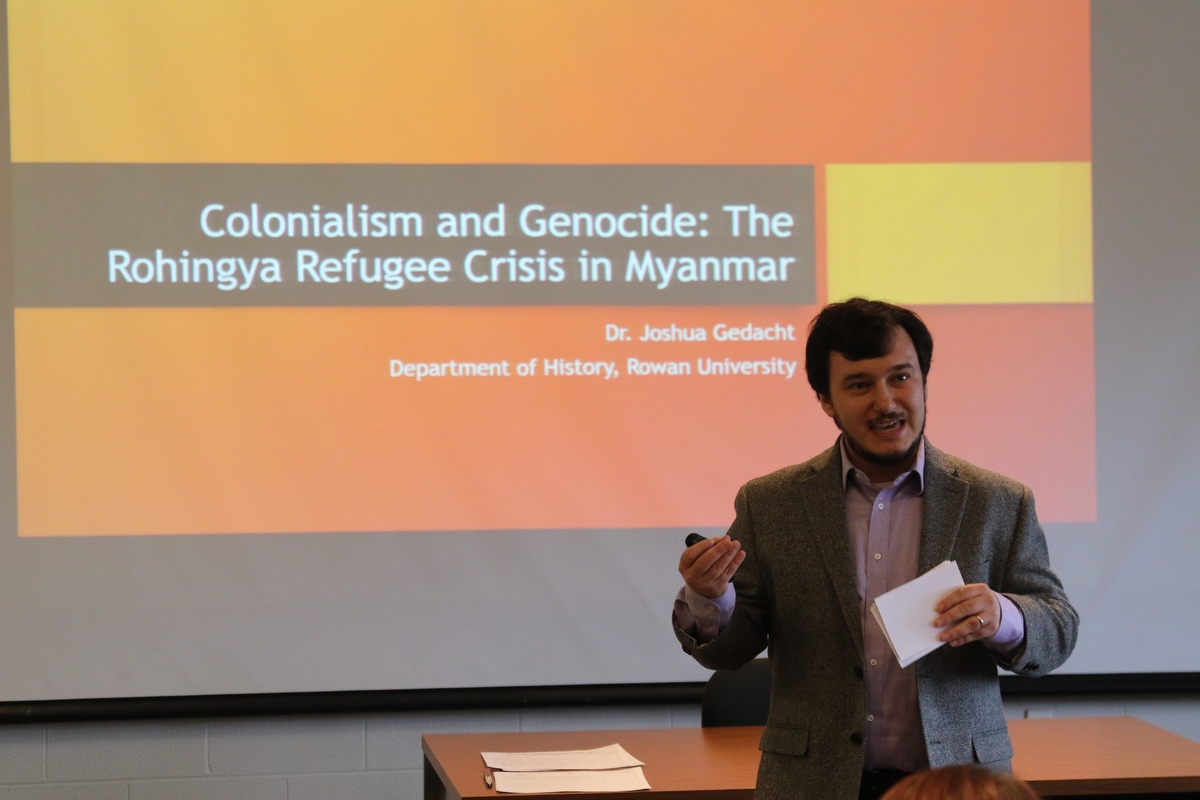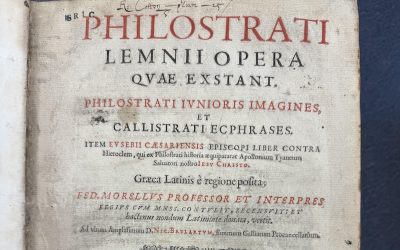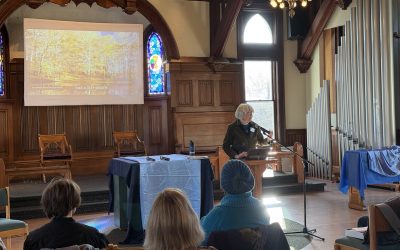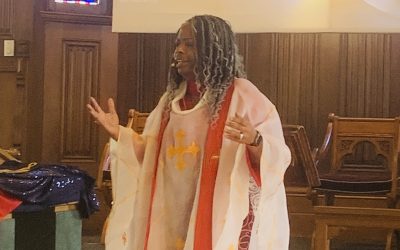Talk presented by Drew’s Center for Holocaust/Genocide Study.
Enlarge

April 2019 – Speaking at Drew University, Joshua Gedacht made it clear that genocide remains a current event.
Specifically, Gedacht, a professor at Rowan University, referred to the ongoing persecution of Rohingya Muslims in Myanmar, which the U.N. Commission on Human Rights classifies as a “textbook example of ethnic cleansing.”
Since 2017, more than 10,000 Rohingya have been killed and countless others brutalized as their villages near the Bay of Bengal were destroyed by the military in the predominantly Buddhist nation. The attacks have also produced as many as a million refugees, most of whom live in camps in neighboring Bangladesh.
Gedacht, a guest of Drew’s Center for Holocaust/Genocide Study, traced the roots of the Buddhist-Muslim conflict to the pre-1947 British Colonial Era, when Muslims were recruited to work in what was then Burma.
The religious minority became targets of anti-Colonial animus. And when most émigré workers returned to India at the end of the era, it left the Rohingya—mostly peasant farmers who lived for hundreds of years in coastal villages—to bear the brunt of scapegoating during the long military rule that followed.
“There was a decades-long process where the citizenship of people was questioned,” explained Gedacht. “They were portrayed as a threat to the state and to Buddhist culture.”
Through the years, there have been spasms of violence against the group but nothing like the latest pogrom, which triggered the migration of most of the Rohingya population of 1.2 million. Resources are stretched in Bangladesh and the refugee situation could continue to devolve due in part to an “erosion of international cooperation,” Gedacht said.


